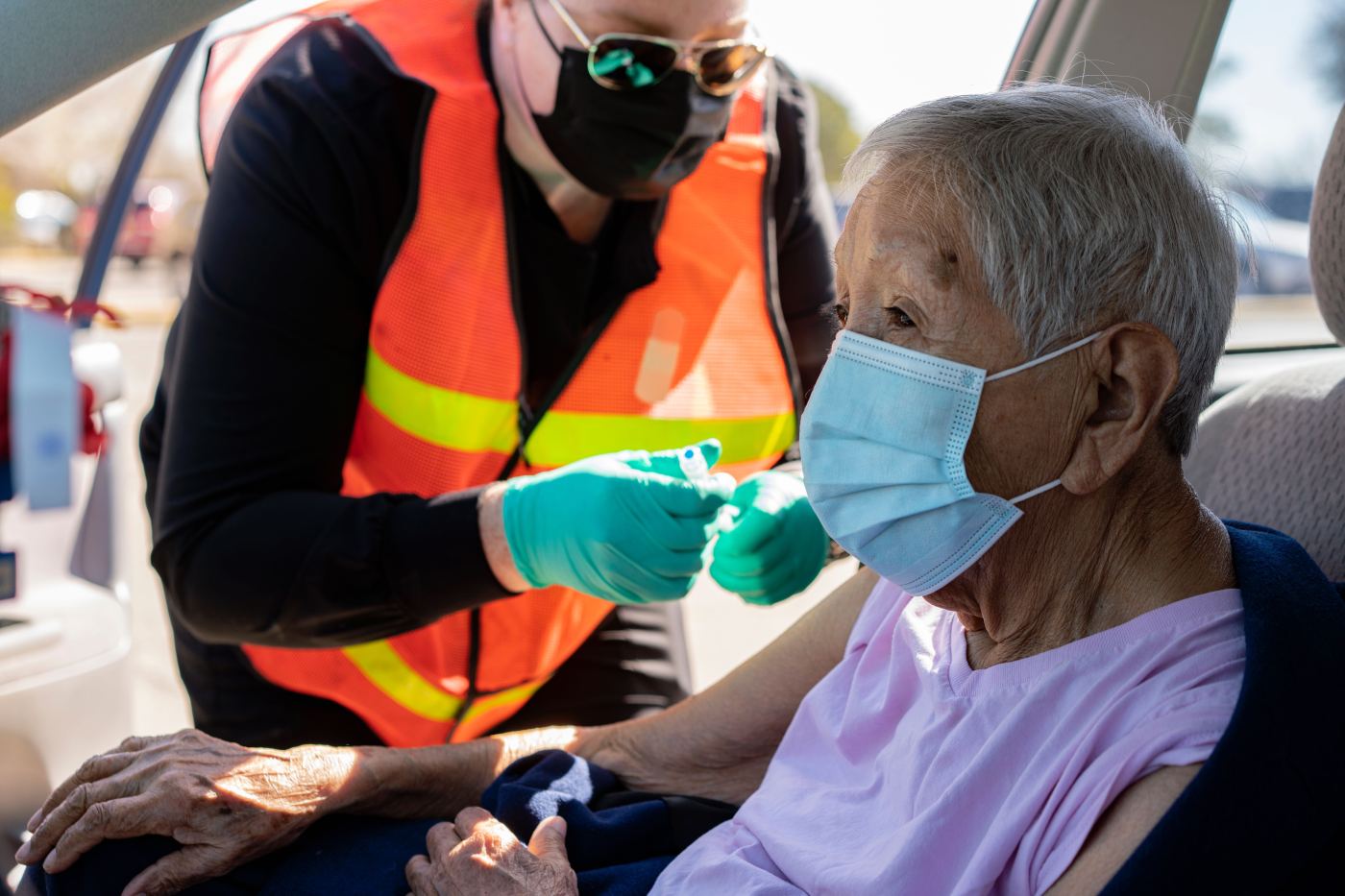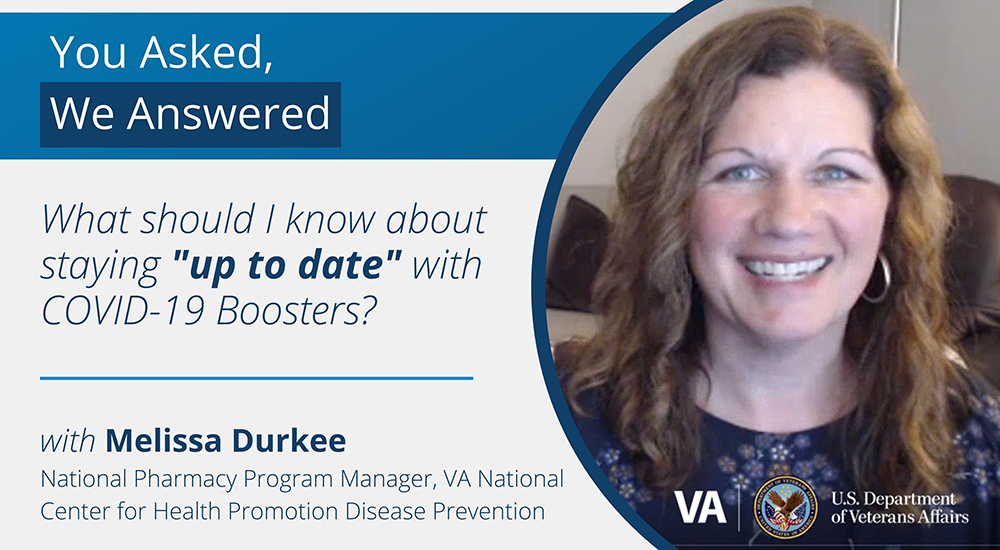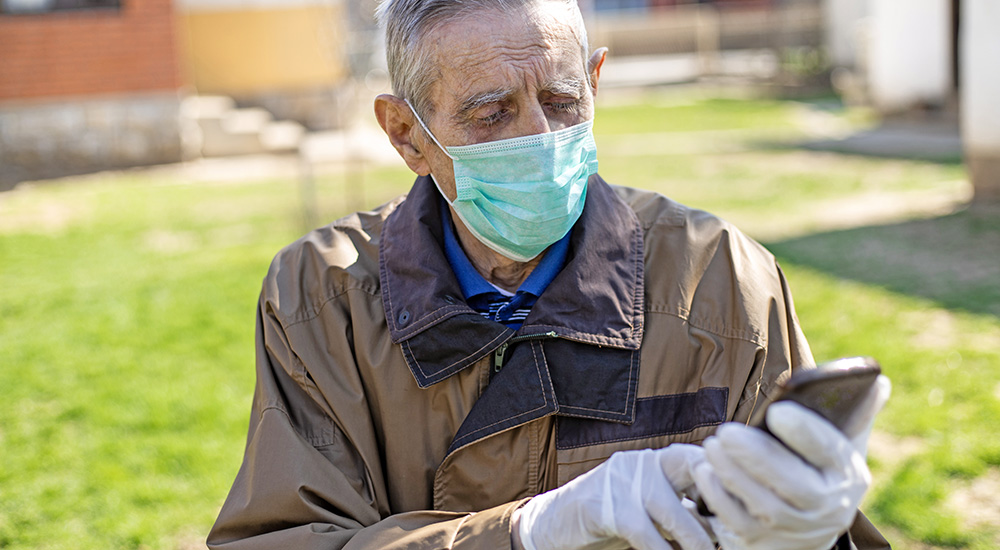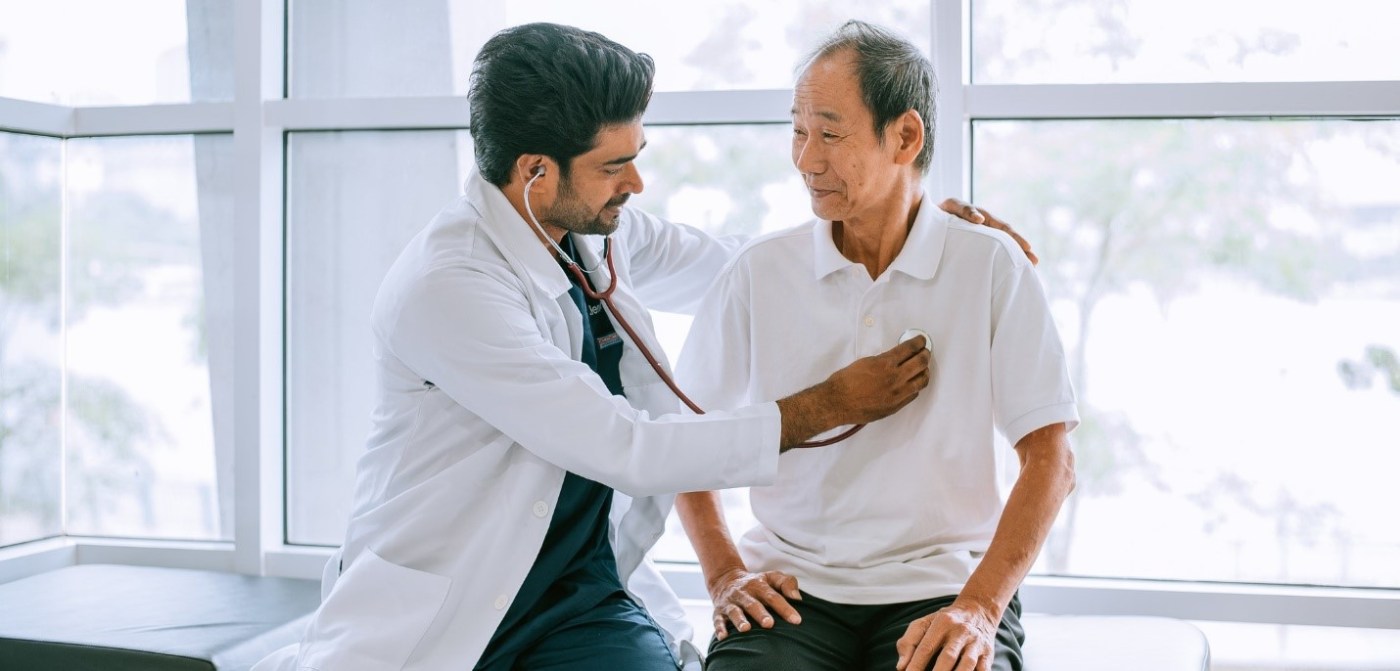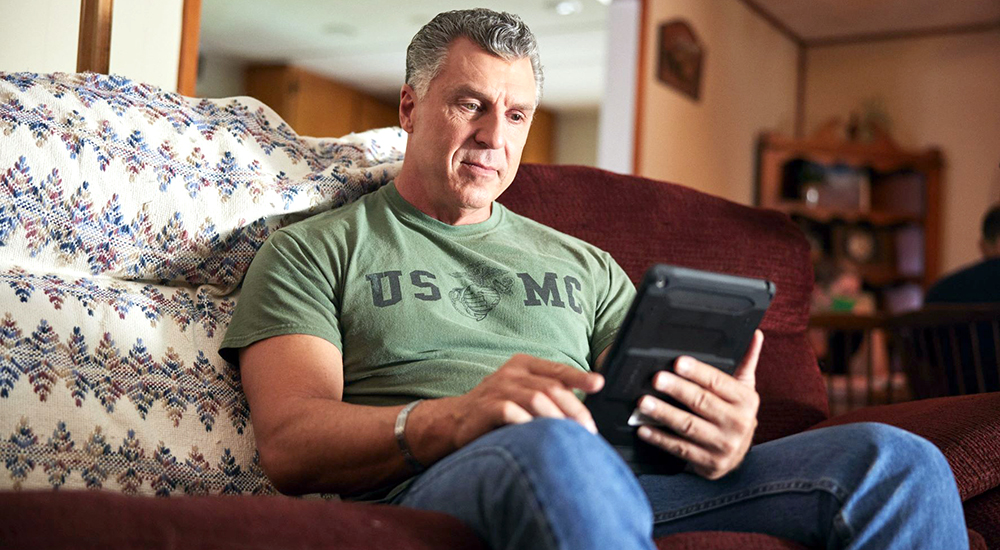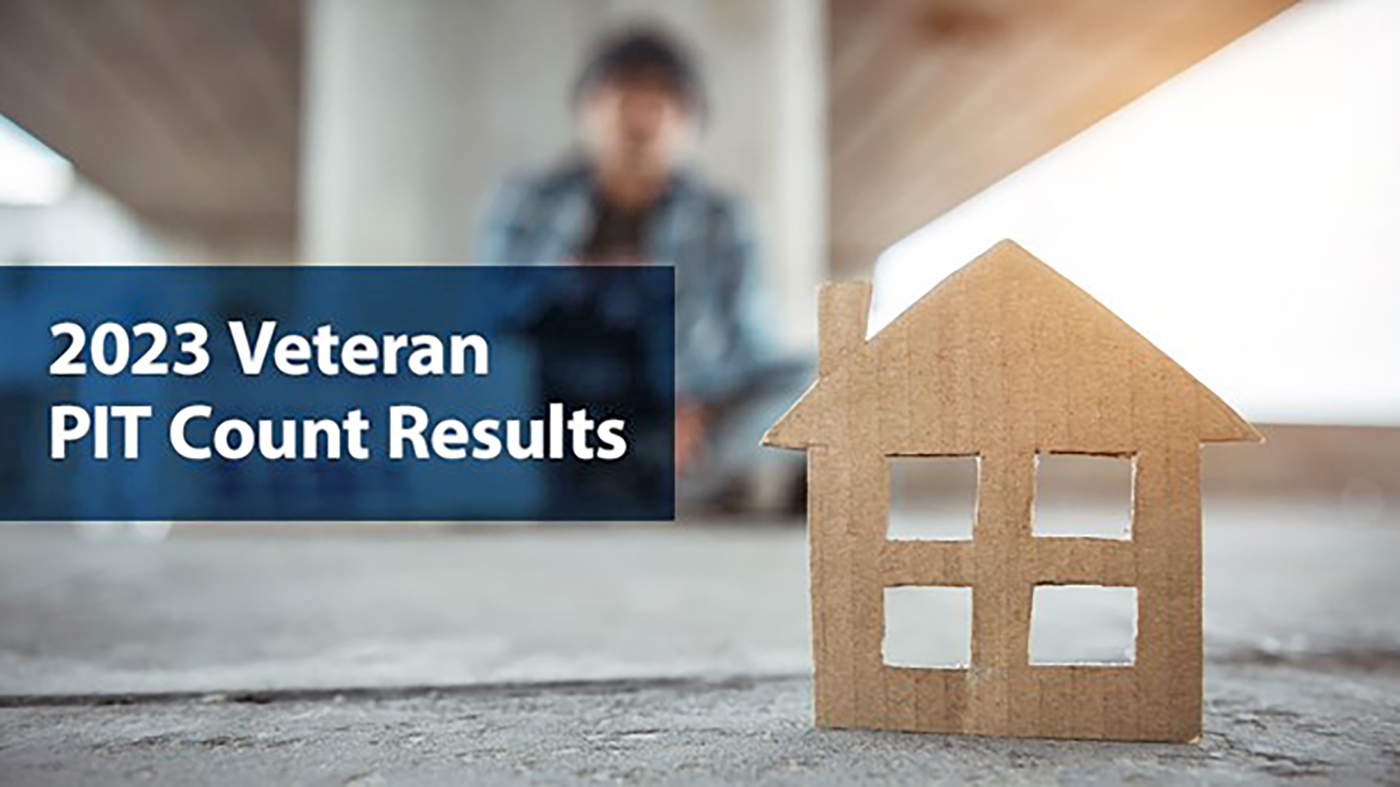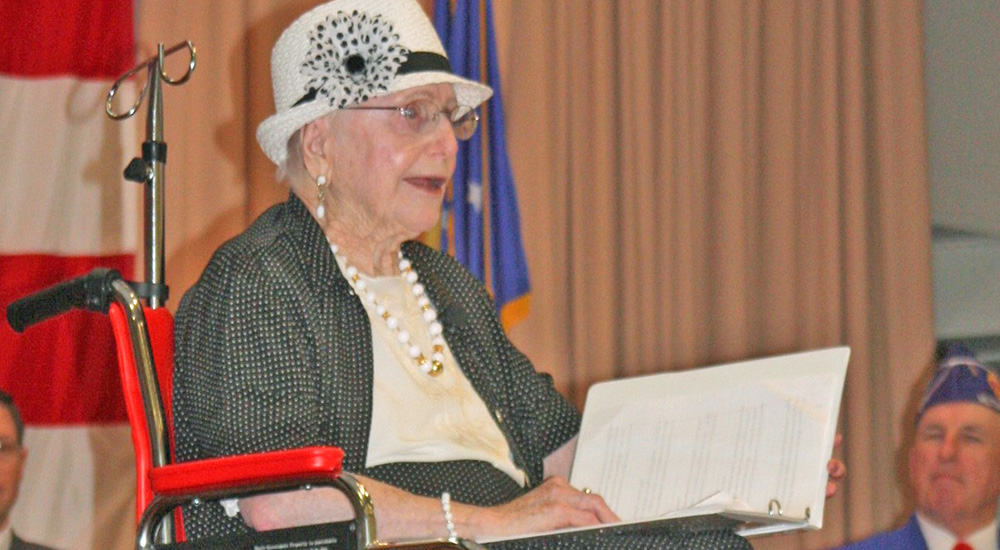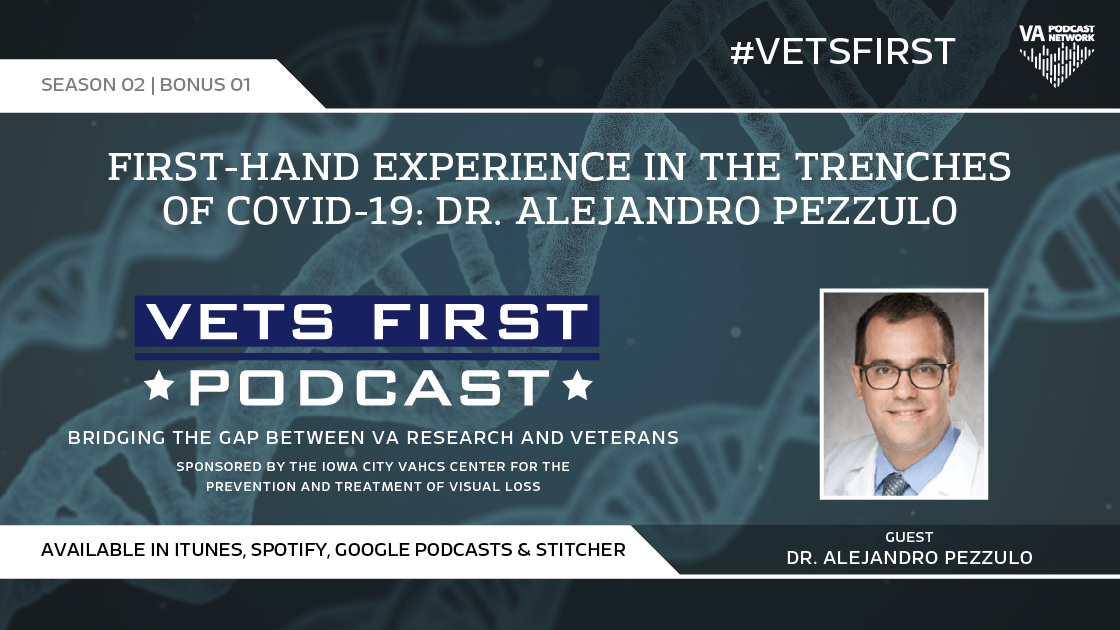From the moment the pandemic hit, VA’s public servants mobilized around one core mission: provide world-class care and benefits to Veterans, their families, caregivers, and survivors during this time of need. Throughout the pandemic, our public servants executed that mission by risking their own lives, sacrificing time with their families, sleeping overnight at hospitals, and much more – all to save and improve the lives of Veterans.
Your COVID-19 questions answered. We’re listening to your questions about COVID-19 vaccines and hosting blogs on questions from Veterans.
Northport VA Medical Center implemented telehealth protocols to ensure COVID-19 patients are discharged with home monitoring equipment.
With the COVID-19 Public Health Emergency expiring on May 11, some of VA’s pandemic-related authorities will expire as well. VA has taken steps to make the transition as seamless as possible.
Here are the most asked questions and answers about Long COVID. Also, a list of many of the symptoms. Use this list to tell your clinician or care team.
VA has a COVID-19 plan to provide transparent and flexible guidelines to keep you safe as protocols change. Look for the sign at the door.
VA’s Long COVID Community of Practice team is more than 225 physicians, nurses, physical and occupational therapists, social workers, researchers and other disciplines.
Throughout the COVID-19 pandemic, VA has helped Veterans get care virtually. Here are five ways to access VA virtual care.
Veteran homelessness rose in 2023, but not as much as overall homelessness. Significant actions taken by VA in 2022 appear to have mitigated the risk of a greater increase.
VA’s flexibility to complete required home visits virtually will end May 11.
Meta Monteleon served as an Army Nurse Corps during WWII. She continued her nursing career for 50 years and was the oldest living WWII nurse.
In this episode of the Vets First Podcast, hosts Levi Sowers and Brandon Rea interview Dr. Alejandro Pezzulo, a pulmonologist, and assistant professor of Internal Medicine at the University of Iowa. This episode was recorded in August 2021 during the height of the pandemic's Delta wave. We think this is an interesting look into COVID-19 with a critical care provider.

